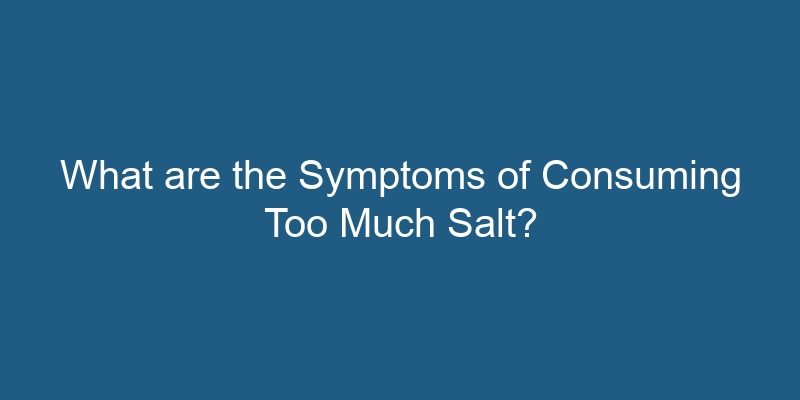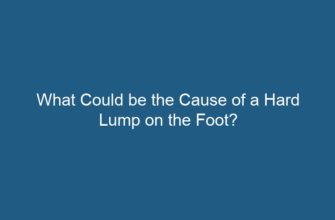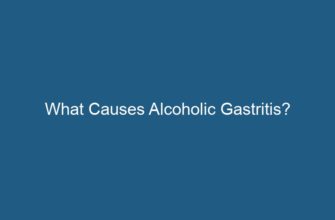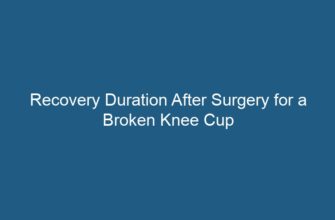Salt is an essential mineral that plays a crucial role in maintaining various bodily functions. However, consuming excessive amounts of salt can have detrimental effects on our health. In this article, we will explore the symptoms of consuming too much salt and discuss the potential risks associated with its overconsumption.
- 1. Introduction to Salt and Its Importance
- 2. Recommended Daily Salt Intake
- 2.1 Salt Intake for Different Age Groups
- 2.2 Salt Intake for People with Specific Conditions
- 3. Symptoms of Consuming Excessive Salt
- 3.1 Increased Thirst
- 3.2 Swelling and Fluid Retention
- 3.3 High Blood Pressure
- 3.4 Kidney Problems
- 3.5 Increased Risk of Cardiovascular Disease
- 3.6 Digestive Issues
- 3.7 Muscle Cramps
- 3.8 Weakened Bones
- 4. How to Reduce Salt Intake
- 4.1 Read Food Labels
- 4.2 Cook at Home
- 4.3 Limit Processed and Packaged Foods
- 4.4 Be Mindful of Condiments
- 4.5 Cook with Less Salt
- 4.6 Increase Potassium Intake
- 4.7 Stay Hydrated
- 5. Frequently Asked Questions (FAQs)
- 5.1 Is salt bad for you?
- 5.2 How much salt is too much?
- 5.3 Can excessive salt intake cause weight gain?
- 5.4 Can reducing salt intake improve blood pressure?
- 5.5 Are there any health benefits of salt?
- 5.6 Can I replace salt with other seasonings?
- 5.7 Is sea salt a healthier alternative to table salt?
- 6. Conclusion
1. Introduction to Salt and Its Importance
Salt, scientifically known as sodium chloride (NaCl), is a mineral compound that is commonly used as a seasoning and preservative in food. It contains two essential elements, sodium and chloride, which are vital for the proper functioning of our bodies.
Sodium helps regulate fluid balance, transmit nerve signals, and maintain normal blood pressure, while chloride is important for digestion and the production of stomach acid. Both sodium and chloride also play a crucial role in maintaining the balance of electrolytes in our bodies.
2. Recommended Daily Salt Intake
The World Health Organization (WHO) recommends limiting daily salt intake to less than 5 grams (equivalent to about one teaspoon) for adults. However, it is important to note that individual salt requirements may vary depending on factors such as age, overall health, and physical activity levels.
2.1 Salt Intake for Different Age Groups
– Adults: Less than 5 grams per day
– Children (4-8 years): 3-4 grams per day
– Children (9-13 years): 5 grams per day
– Adolescents (14-18 years): 5 grams per day
2.2 Salt Intake for People with Specific Conditions
– Hypertension: Less than 5 grams per day
– Diabetes: Less than 5 grams per day
– Kidney Disease: Less than 2 grams per day
3. Symptoms of Consuming Excessive Salt
Consuming too much salt can lead to various symptoms and health issues. Here are the common symptoms associated with the overconsumption of salt:
3.1 Increased Thirst
Excessive salt intake can cause an increase in thirst as the body tries to maintain fluid balance. This can result in increased water consumption and more frequent urination.
3.2 Swelling and Fluid Retention
Excess salt can cause fluid retention in the body, leading to swelling in the extremities, such as the hands, feet, and ankles. This swelling is often accompanied by weight gain.
3.3 High Blood Pressure
One of the most significant risks of consuming too much salt is the development of high blood pressure (hypertension). High salt intake can lead to an increase in blood volume, putting extra strain on the blood vessels and leading to elevated blood pressure levels.
3.4 Kidney Problems
The kidneys play a vital role in maintaining fluid and electrolyte balance in the body. Excessive salt consumption can put strain on the kidneys, potentially leading to kidney damage or dysfunction.
3.5 Increased Risk of Cardiovascular Disease
High salt intake has been linked to an increased risk of cardiovascular diseases, including heart attacks, strokes, and heart failure. The excess sodium in the bloodstream can disrupt the delicate balance of electrolytes and negatively impact the cardiovascular system.
3.6 Digestive Issues
Consuming too much salt can also contribute to digestive problems such as bloating, constipation, and stomach discomfort. This is because excess salt can disrupt the natural balance of electrolytes in the digestive system.
3.7 Muscle Cramps
An imbalance of electrolytes, caused by excessive salt intake, can lead to muscle cramps and spasms. This is particularly common during physical activity or in hot environments where sweating can deplete the body’s electrolyte stores.
3.8 Weakened Bones
Excessive salt consumption has been associated with increased calcium excretion through urine. Over time, this can lead to weakened bones and an increased risk of osteoporosis.
4. How to Reduce Salt Intake
Reducing salt intake is important for maintaining good health. Here are some strategies to help reduce salt consumption:
4.1 Read Food Labels
Pay attention to the sodium content listed on food labels. Choose products with lower sodium levels and avoid those with high salt content.
4.2 Cook at Home
Preparing meals at home allows you to control the amount of salt added to your dishes. Experiment with herbs, spices, and other flavorings to enhance the taste of your food without relying on excessive salt.
4.3 Limit Processed and Packaged Foods
Processed and packaged foods are often high in salt. Limit your consumption of these foods and opt for fresh, whole foods instead.
4.4 Be Mindful of Condiments
Condiments such as soy sauce, ketchup, and salad dressings can be high in sodium. Use them sparingly or look for low-sodium alternatives.
4.5 Cook with Less Salt
Gradually reduce the amount of salt you use in cooking. Your taste buds will adjust over time, and you will become accustomed to lower-sodium flavors.
4.6 Increase Potassium Intake
Foods rich in potassium, such as bananas, oranges, and leafy greens, can help counteract the negative effects of sodium. Aim to include more potassium-rich foods in your diet.
4.7 Stay Hydrated
Drinking plenty of water can help flush out excess sodium from your body and maintain fluid balance.
5. Frequently Asked Questions (FAQs)
5.1 Is salt bad for you?
Salt is not inherently bad for you, as it plays a crucial role in various bodily functions. However, consuming excessive amounts of salt can have negative health effects, including high blood pressure, kidney problems, and an increased risk of cardiovascular disease.
5.2 How much salt is too much?
The World Health Organization recommends limiting daily salt intake to less than 5 grams for adults, equivalent to about one teaspoon. However, individual salt requirements may vary depending on factors such as age, overall health, and physical activity levels.
5.3 Can excessive salt intake cause weight gain?
Excessive salt intake can cause fluid retention in the body, leading to temporary weight gain. However, this weight gain is primarily due to increased water retention rather than fat accumulation.
5.4 Can reducing salt intake improve blood pressure?
Reducing salt intake can have a positive impact on blood pressure, especially for individuals with hypertension. Lowering salt consumption can help lower blood pressure levels and reduce the risk of cardiovascular disease.
5.5 Are there any health benefits of salt?
Salt is essential for maintaining proper fluid balance, nerve function, and electrolyte balance in the body. It also enhances the taste of food and can aid in food preservation.
5.6 Can I replace salt with other seasonings?
Absolutely! There are numerous herbs, spices, and flavorings that can be used to replace or reduce salt in your dishes. Experiment with different combinations to enhance the flavors of your meals without relying on excessive salt.
5.7 Is sea salt a healthier alternative to table salt?
Sea salt and table salt have similar sodium content, so from a health perspective, they are relatively similar. However, sea salt may contain trace minerals that can contribute to its flavor and texture.
6. Conclusion
Consuming excessive amounts of salt can have negative implications for our health. It is important to be mindful of our salt intake and strive to stay within the recommended daily limits. By reducing salt consumption and adopting a balanced diet, we can maintain optimal health and reduce the risk of associated health conditions.










